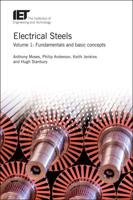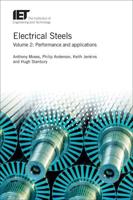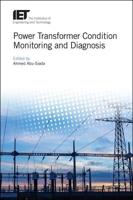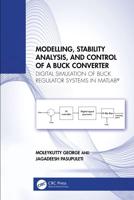Publisher's Synopsis
Techniques such as dead time compensation, adaptive control and Kalman filtering have been around for some time, but as yet find little application in industry. This is due to several reasons, including: Articles in the literature usually assume that the reader is familiar with a specific topic and are therefore often difficult for the practicing control engineer to comprehend. Many practicing control engineers in the process industry have a chemical engineering background and did not receive a control engineering education. There is a wide gap between theory and practical implementation, since implementation is primarily concerned with robustness, and theory is not. The user therefore has to build an "expert shell" in order to achieve the desired robustness. Little is published on this issue, however. This book tries to promote the use of advanced control techniques by taking the reader from basic theory to practical implementation. It is therefore of interest to practicing control engineers in various types of industries, especially the process industry. Graduate and undergraduate students in control engineering will also find the book extremely useful since many practical details are given which are usually omitted in books on control engineering.Of special interest are the simulation examples, illustrating the application of various control techniques. The examples are available on a 5-1/4" floppy disk and can be used by anyone who has access to LOTUS 1-2-3. Chapter 1 is the introduction; Chapters 2 through 6 deal with distributed control system networks, computer system software, computer system selection, reliability and security, and batch and continuous control. Chapter 7 gives and introduction to advanced control. Chapters 8 through 11 deal with dead time compensation techniques and model identification. Chapters 12 through 14 discuss constraint control and design, and the adjustment and application of simple process models and optimization. Chapter 15 gives a thorough introduction to adaptive control, and the last two chapters deal with state and parameter estimation.This book is a valuable tool for everyone who realizes the importance of advanced control in achieving improved plant performance. It will take the reader from theory to practical implementation.










